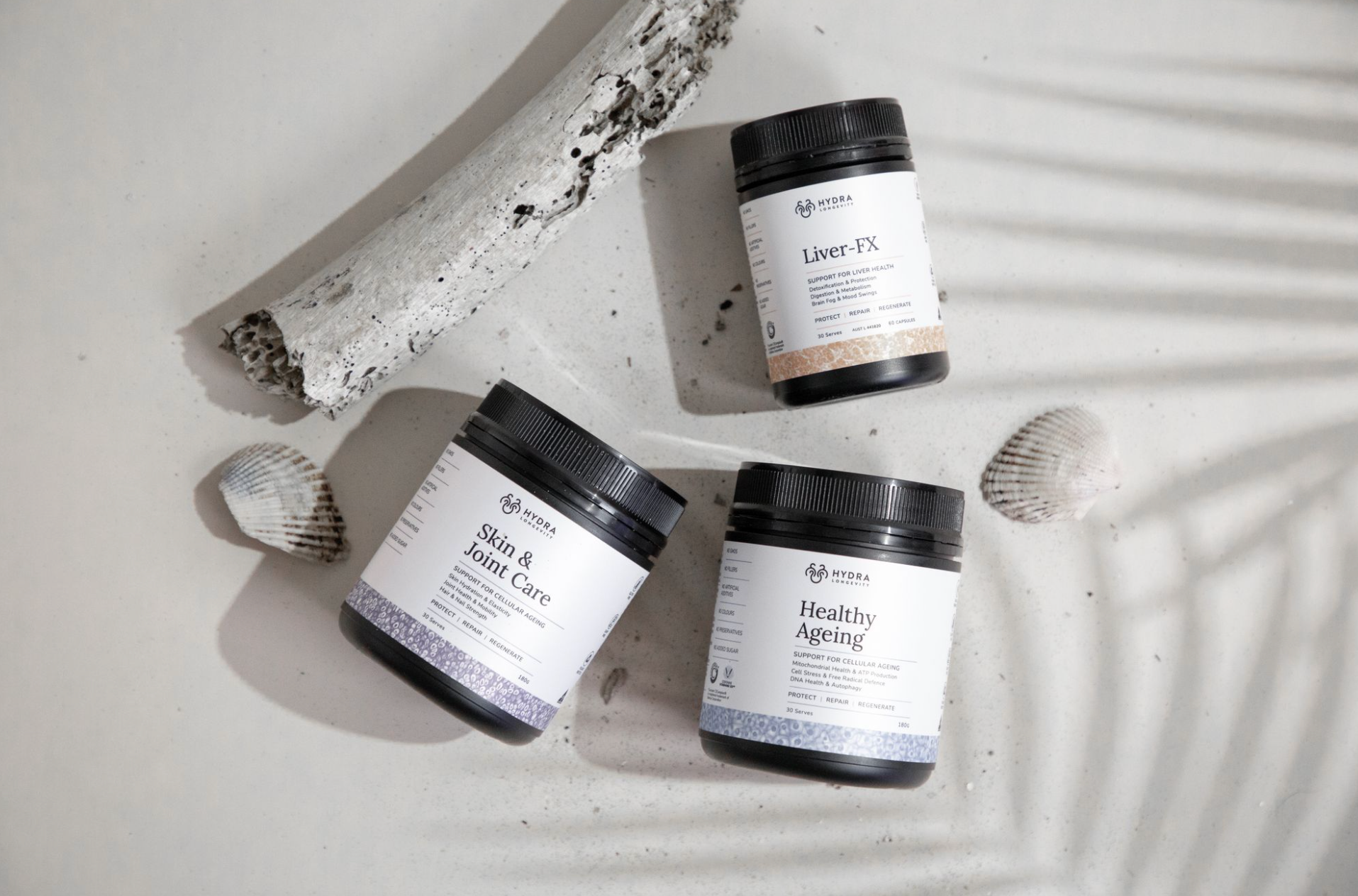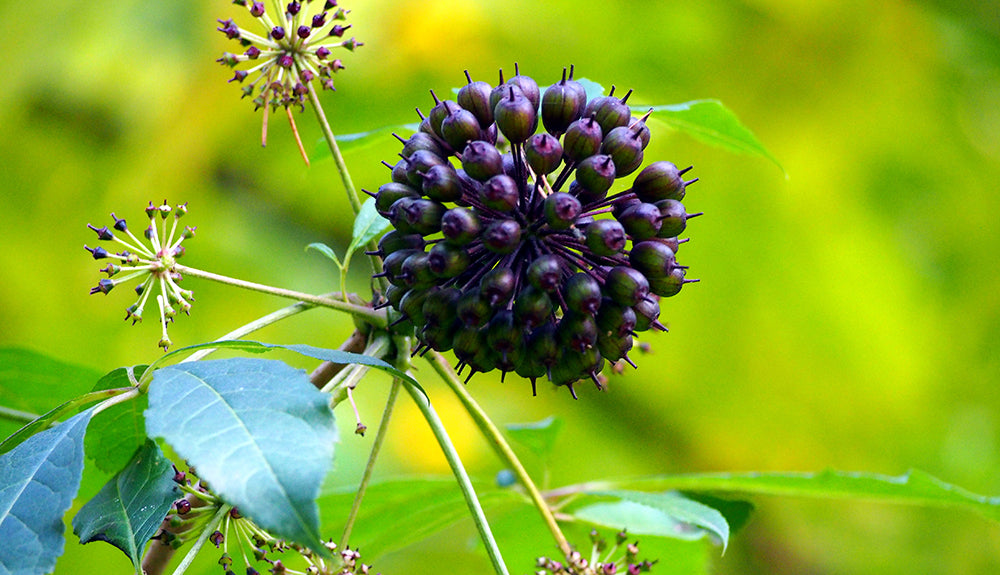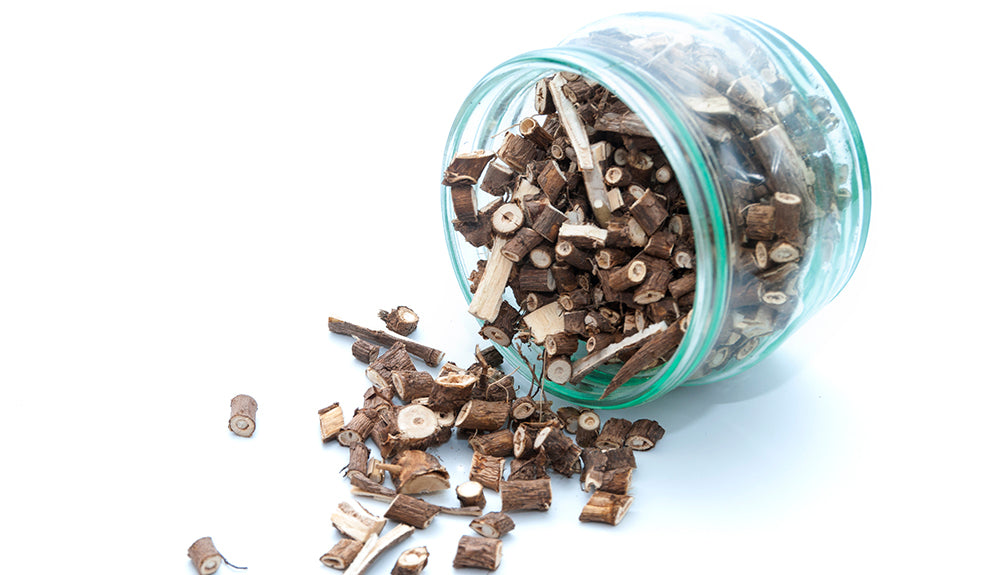Certain herbs called adaptogens are particularly helpful in restoring and maintaining positive homeostasis. This is due to their ability to help us adapt to change, in particular to the challenges associated with aging.
Aging is a part of life that we can't avoid. To age more gracefully, we need a better understanding of the mechanisms of aging and what they entail.
Through my clinical observation I recognise three types of aging:
- Normal aging in people with healthy genetics who are active, enjoy their life and consume food and alcohol in moderation.
- Accelerated aging in people who have serious genetic imbalances, a very stressful lifestyle or who are prone to a lot of excesses.
- Delayed aging in people who approach aging consciously and who understand the need to support their bodies with knowledge, discernment and care.
There are two metabolic mechanisms involved in aging that are constantly operating in our body called anabolism and catabolism. Anabolism is a restorative, healing, balancing process, while catabolism is active, degenerative and stressful. Increasing anabolism to more effectively counteract catabolism is key to the art of graceful aging.
The natural ability of the body to balance internal and external stress is called homeostasis. When the body is out of balance, or in what is called negative homeostasis, the anabolic and catabolic systems may not function properly, leading to fatigue, depression, insomnia, anxiety, weight imbalance and lack of libido.
Certain herbs called adaptogens are particularly helpful in restoring and maintaining positive homeostasis. This is due to their ability to help us adapt to change, in particular to the challenges associated with aging. Many people who follow traditional healing systems (think Chinese, Tibetan or Ayurvedic) have incorporated these herbs and remedies into their lifestyles and even their cooking.
First, let's examine what increases catabolism, and then we will examine the unique role that adaptogens can play in slowing down the aging process.
What are the factors that increase catabolism?
Lifestyle issues
Chronic stress, loss of sleep, poor nutrition, lack of exercise, unhealthy relationships, overly stressful work environment.
Abusive behaviors
Excessive use of sugar, caffeine, alcohol, drugs, smoking, perfectionism, vindictiveness, chronic victimization, excessive endurance exercise and physical or psychological trauma.
Medical procedures
Certain pharmaceuticals, surgery, radiation, chemotherapy.
Increased catabolism due to these factors can in turn lead to numerous health concerns including cardiovascular disease, diabetes, chronic lung conditions, arthritis, autoimmune diseases, neurodegenerative and neuromuscular diseases, cancer and more.
But adaptogens can help. These multi-tasking herbs pave the way to restore health and vitality naturally. They are nontoxic and have no side effects even with prolonged use. More specifically they:
- Retard stress and aging
- Enhance the body's resistance to stressors
- Maintain antioxidant balance
- Mediate inflammatory response
- Manage endocrine and neuroendocrine balance
There are many different types of adaptogens, but some of the best-known herbs used to protect the body against degeneration and aging fall into the following three categories:
Global system regulators
These herbs are known to have a global impact on the body and to prevent aging. They are Pamax, ginseng, Siberian ginseng (eleuthero), rhodiola, ashwagandha and Holy Basil.
Cellular and immune regulators
These herbs, also called companion adaptogens, are used specifically to support the immune system of the cells and to prevent degenerative diseases. They include turmeric, green tea, rosemary, grape seed (proanthocyianidin), grape skin (resveratrol) and ginger.
Specific regulators
These herbs target specific issues and include licorice and fo-ti (for energy and sleep), gotu kola (for connective tissue), ginkgo biloba (for circulation) and royal jelly (for mental alertness).
How do I choose which herbs to use?
There are a few ways to choose which adaptogens are best for you. One way is to have a comprehensive health assessment by a health practitioner who is well versed in integrative medicine and nutrition.
Another way would be to identify your genetic tendencies by looking at the aging process of your parents, grandparents, aunts, uncles or siblings. Focus on the most obvious risks factors. It's always a good idea to approach health from the double point of view of building a solid foundation using some of the global systemic adaptogens and then targeting specific issues of concerns with the more specific herbs.
The articles mentioned below published in reputed journal cover the complex effectiveness of many of the adaptogen herbs mentioned in this articles. They focus on stress management, anti-aging and adjuvant cancer therapies. The book Adaptogen Herbs for Strength, Stamina and Stress Relief is a great introduction to the general power of herbs.
Sources:
Puri Vyas, et al. "Efficacy of Rasayana Avaleha [multiple adaptogens] as adjuvant to radiotherapy and chemotherapy in reducing adverse effects." AYU 2010 Oct-Dec; 31(4): 417-423.
Seely, Dugald and Rana Singh. "Adaptogenic Potential of a Polyherbal Natural Health Product: Report on a Longitudinal Clinical Trial." Evid Based Complement Alternat Med. 2007 September; 4(3): 375-380.
Sagar, S.M., et al. "Natural health products that inhibit angiogenesis: a potential source for investigational new agents to treat cancer--Part 2." Current Oncology 2006 June; 13(3): 99-107.
This article was first published by Dr. Bertrand Babinet, Ph.D., LAc. on Huffpost.com





